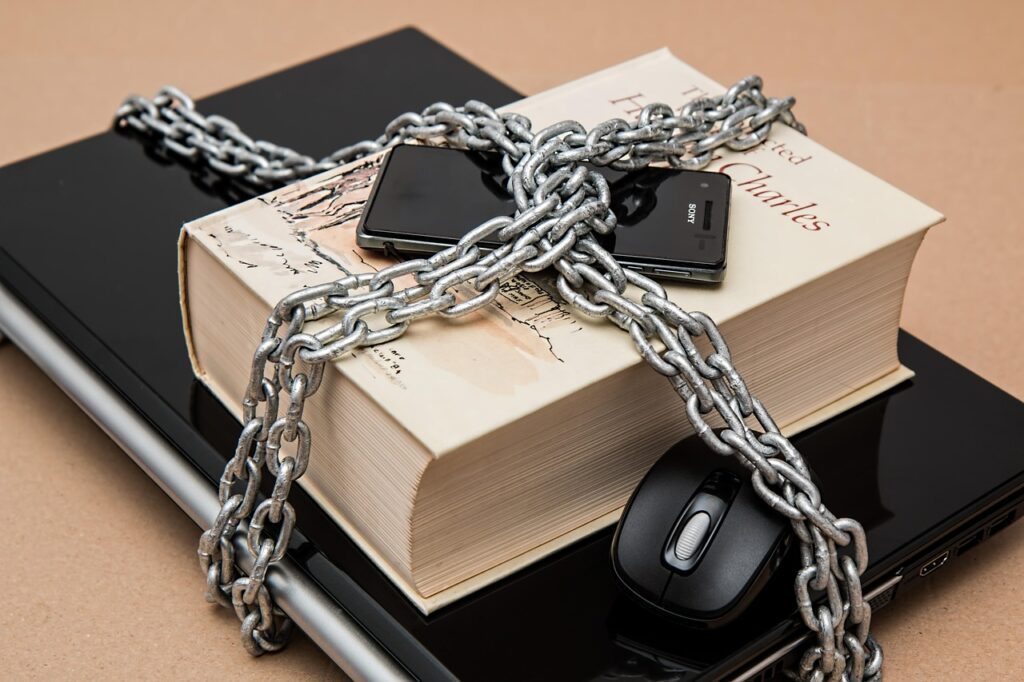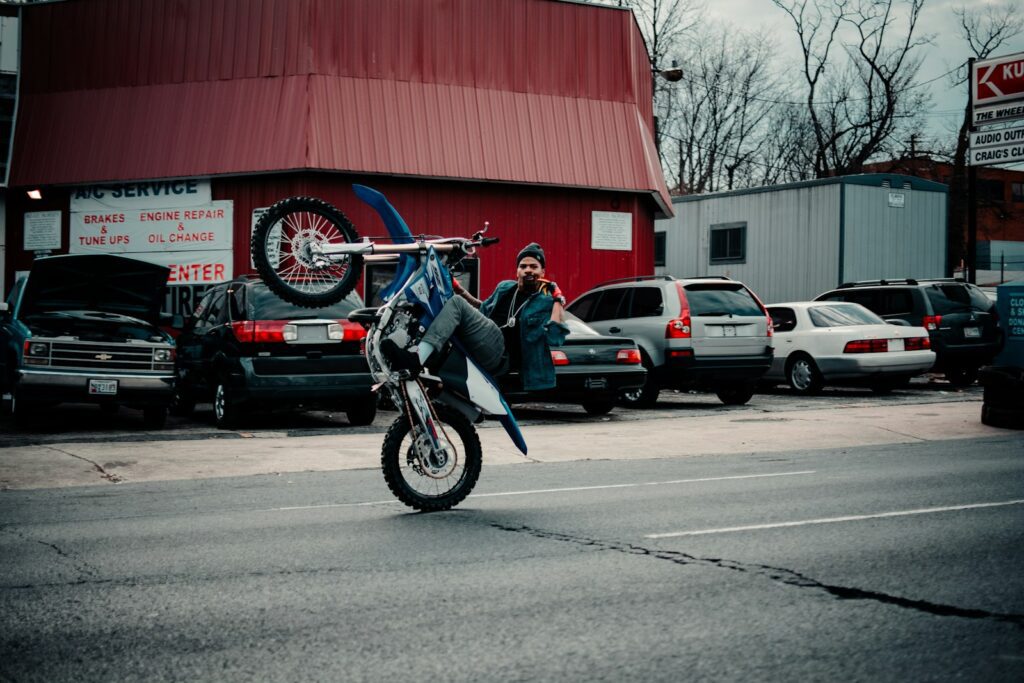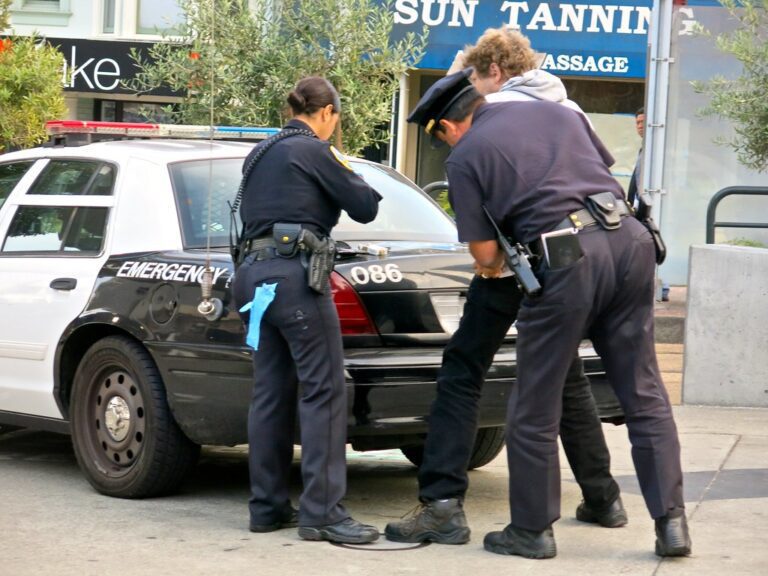Have you ever wondered why something that's perfectly normal in one country can be a crime in another? Brazil, like any nation, has its own unique legal system, often shaped by its culture, history, and societal values. While many of its laws are globally accepted, others might surprise you. This article will explore various activities, behaviors, and customs that are illegal in Brazil but remain legal in other parts of the world.
From surprising driving rules to regulations on naming your child, you’ll be amazed at what could land you in trouble in Brazil — and why these same things are considered acceptable elsewhere. Whether you're a traveler, expat, or just a curious reader, knowing these differences can save you from legal headaches.

1. Naming Restrictions for Children
Illegal in Brazil:
In Brazil, parents must choose names that won't expose their children to ridicule or embarrassment. The local civil registry office can reject a name if it's deemed inappropriate.
Legal Elsewhere:
In countries like the United States or United Kingdom, parents have far more freedom to name their children whatever they like, including unconventional or celebrity-inspired names.
Why This Matters:
The law aims to protect the child from future harm, but it also restricts personal freedom, especially compared to more liberal countries.
2. Drinking Alcohol in Public Spaces
Illegal in Brazil:
In most Brazilian cities, consuming alcoholic beverages in public areas like streets or parks is prohibited. Police can issue fines or confiscate drinks.
Legal Elsewhere:
In places like Germany, Japan, or certain U.S. cities (like Las Vegas or New Orleans), public drinking is perfectly legal.
Cultural Insight:
This reflects Brazil’s efforts to reduce public disturbances and maintain order, especially in densely populated urban zones.

3. Tinted Car Windows
Illegal in Brazil:
The use of extremely dark tinted windows is restricted. The law specifies the percentage of light that must pass through the glass.
Legal Elsewhere:
In the United Arab Emirates or Russia, darker tints are not only legal but preferred due to climate or privacy concerns.
Legal Justification:
Brazil enforces these restrictions to ensure visibility for police and emergency responders.
4. Carrying Certain Self-Defense Items
Illegal in Brazil:
Items like pepper spray, tasers, and even pocket knives are heavily restricted for civilian use.
Legal Elsewhere:
In the U.S., pepper spray is commonly carried, especially by women, as a legal self-defense measure.
Implication:
While Brazil bans these tools to prevent violence, critics argue it limits personal protection in a country with high crime rates.
5. Homeschooling Your Children
Illegal in Brazil:
Brazilian law requires children to attend a formal educational institution. Homeschooling is not recognized and can result in penalties for parents.
Legal Elsewhere:
In Canada, Australia, and most U.S. states, homeschooling is a protected right.
Debate:
Brazil values standardized education, but many argue that the system doesn’t accommodate all learning needs.
6. Using WhatsApp for Business Without Compliance
Illegal in Brazil:
Using WhatsApp to sell products or services without following data protection laws can result in hefty fines.
Legal Elsewhere:
In countries with less strict data privacy laws, using WhatsApp for informal sales is common.
Compliance is Key:
Brazil's LGPD (General Data Protection Law) mirrors Europe’s GDPR, making business use of messaging apps a legal gray area.
7. Online Gambling and Betting
Illegal in Brazil:
Most forms of online gambling, especially sports betting, are either banned or fall into legal gray zones.
Legal Elsewhere:
The UK, Italy, and Malta have thriving online gambling markets that are government-regulated.
Change on the Horizon:
There are ongoing efforts to regulate and legalize online betting in Brazil, but the process is slow.
8. Certain Tattoo and Piercing Practices on Minors
Illegal in Brazil:
Tattooing or piercing minors without parental consent is strictly prohibited.
Legal Elsewhere:
In some countries, older teens can make these decisions themselves.
Why This Law Exists:
To protect minors from making permanent decisions without full awareness of consequences.
9. Spanking Children as Discipline
Illegal in Brazil:
The Anti-Spanking Law (Lei da Palmada) forbids physical punishment of children, even by parents.
Legal Elsewhere:
In many U.S. states and African countries, mild corporal punishment is still permitted within the home.
A Cultural Divide:
Brazil emphasizes positive discipline, while other cultures allow more parental autonomy.
10. Riding Motorcycles Without Specific Safety Gear
Illegal in Brazil:
Motorcyclists must wear not only helmets but also gloves, jackets, and appropriate footwear.
Legal Elsewhere:
In many countries, only helmets are mandatory. In Thailand, for example, even helmet use is inconsistently enforced.
Safety First:
Brazil’s strict laws aim to reduce fatalities, especially given its high number of motorcycle accidents.

Conclusion
Understanding what's illegal in Brazil but legal elsewhere isn't just a curiosity — it’s essential knowledge for global citizens. These differences highlight the diversity in legal thinking, societal priorities, and cultural values worldwide.
If you're traveling to or living in Brazil, it's crucial to stay informed. What may seem like harmless behavior could have serious consequences depending on where you are. On the other hand, Brazil’s strict regulations often have public safety, child protection, and order at their core.
Frequently Asked Questions
Is it illegal to homeschool in Brazil?
Yes. Unlike many countries, Brazil mandates formal schooling and does not legally recognize homeschooling.
Can I carry pepper spray for self-defense in Brazil?
No. Pepper spray is restricted and its use without authorization is illegal.
Why are dark car tints banned in Brazil?
They reduce visibility for law enforcement, which is seen as a safety risk.
Can I drink beer in public in Brazil?
Usually not. Many cities have local laws banning public alcohol consumption.
Is online gambling legal in Brazil?
Most forms are currently illegal or unregulated, but legalization efforts are ongoing.
Lamartine is an experienced researcher who produces evidence-based content focusing on health, wellness, supplements, lifestyle, and utilities. On the website holistichealthpathways.com, he offers objective, research-backed information to help readers make informed choices.



